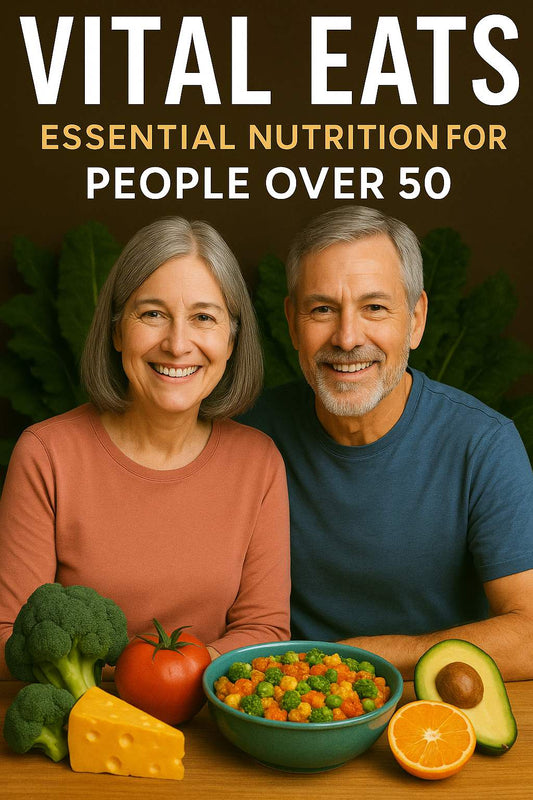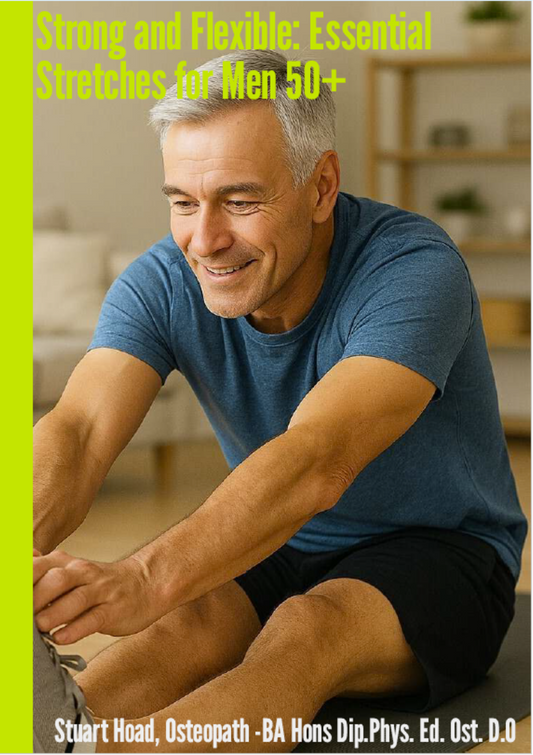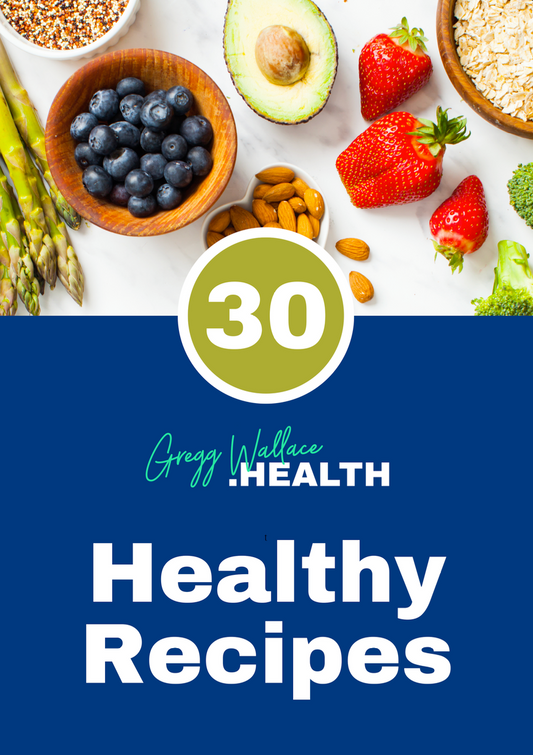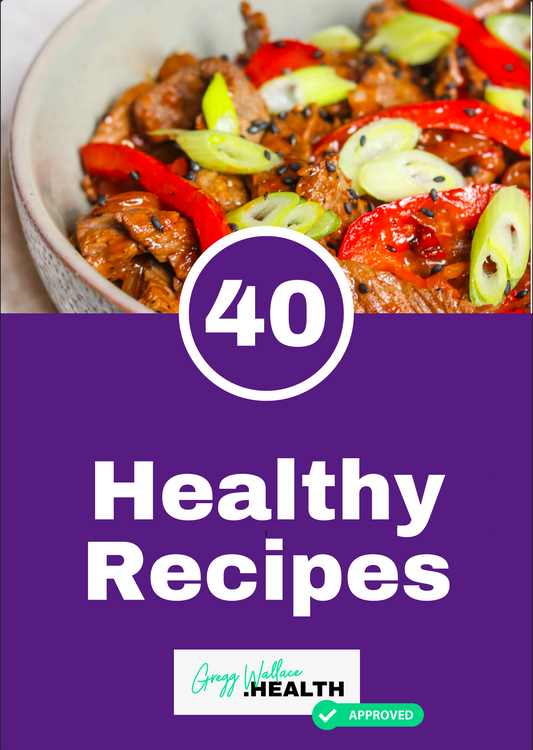Snacking has become a deeply ingrained habit in modern British life. From crisps and chocolate bars to protein snacks and “healthy” bites, it’s easy to reach for something between meals. But while it may feel harmless, snacking is a major contributor to the UK’s growing obesity problem and it’s time we had a serious conversation about it.
Let’s start with the basics: most snack foods are calorie-dense, low in nutritional value, and don’t actually satisfy hunger. You can eat 300–400 calories in minutes without even noticing. A bar of chocolate, a packet of crisps, a handful of biscuits, all can seem like “just a little something” but they add up fast. Unlike proper meals that include protein, fibre, and healthy fats to keep us full, snacks are often high in sugar, salt, and ultra-processed ingredients designed to hit pleasure centres in the brain rather than nourish the body.
The UK is now the biggest snacking nation in Europe. We also happen to have the highest obesity rate in Europe. That’s not a coincidence. Snacking plays a major role in overconsumption of calories. The food industry has made it incredibly easy to snack constantly: snacks are cheap, heavily marketed, and always within reach. Supermarkets and petrol stations are filled with them, and many of us carry them around ‘just in case’ we get peckish.
What’s worrying is how snacking disrupts normal eating patterns. It encourages grazing... a constant drip-feed of food throughout the day that means we’re never truly hungry and rarely fully satisfied. This blurs the structure of traditional mealtimes. If we’re always nibbling on something, we don’t sit down to enjoy a proper breakfast, lunch, or dinner. Our digestion never gets a proper break, and we lose the rhythm of hunger and fullness that should guide our eating.
But here’s a radical idea: what if we just went back to three proper meals a day?
If we ate a healthy, balanced breakfast, lunch and dinner with good portions of vegetables, whole foods, protein and fibre, we’d be full. We wouldn’t need to snack. The urge to reach for a biscuit at 3pm would disappear because our meals would actually be doing their job: fuelling us.
Cutting out snacks would also save money. Snacks are expensive. Think about what you spend in a week on snack food - crisps, bars, popcorn, protein balls, ready-made drinks. Now imagine removing all that from your shopping list. You’d likely save a good chunk of change and replace it with a few more whole foods that contribute to actual meals.
We also have to confront the fact that most snack foods are ultra-processed. These are industrially manufactured products filled with additives, flavourings, emulsifiers, and other lab-made ingredients that your grandmother wouldn’t recognise as food. There’s a growing body of research linking ultra-processed foods not just to weight gain, but also to inflammation, poor gut health, depression, and increased risk of chronic diseases. Snacks might be convenient, but they’re not innocent.
Of course, some people argue that snacking can be healthy. A handful of nuts or a piece of fruit is often held up as an example. And in some cases, like for those with medical needs, very active lifestyles, or long gaps between meals, a small snack might make sense. But for the majority of people, especially those trying to manage their weight or improve their health, snacks are a trap. They rarely stop at “just a few almonds”. And once you get into the habit of snacking, it becomes very hard to stop.
This isn’t about guilt or perfection, it’s about awareness. If we want to tackle obesity in the UK, we need to change our food habits. That means looking honestly at what we eat, when we eat, and why. Moving back to structured, nutritious meals and cutting out unnecessary snacking is a powerful and practical step. It supports better health, saves money, and helps us reconnect with food in a more conscious and respectful way.
It’s not flashy. It’s not complicated. But it works.
Eat well. Eat properly. And let your snacks be history.





